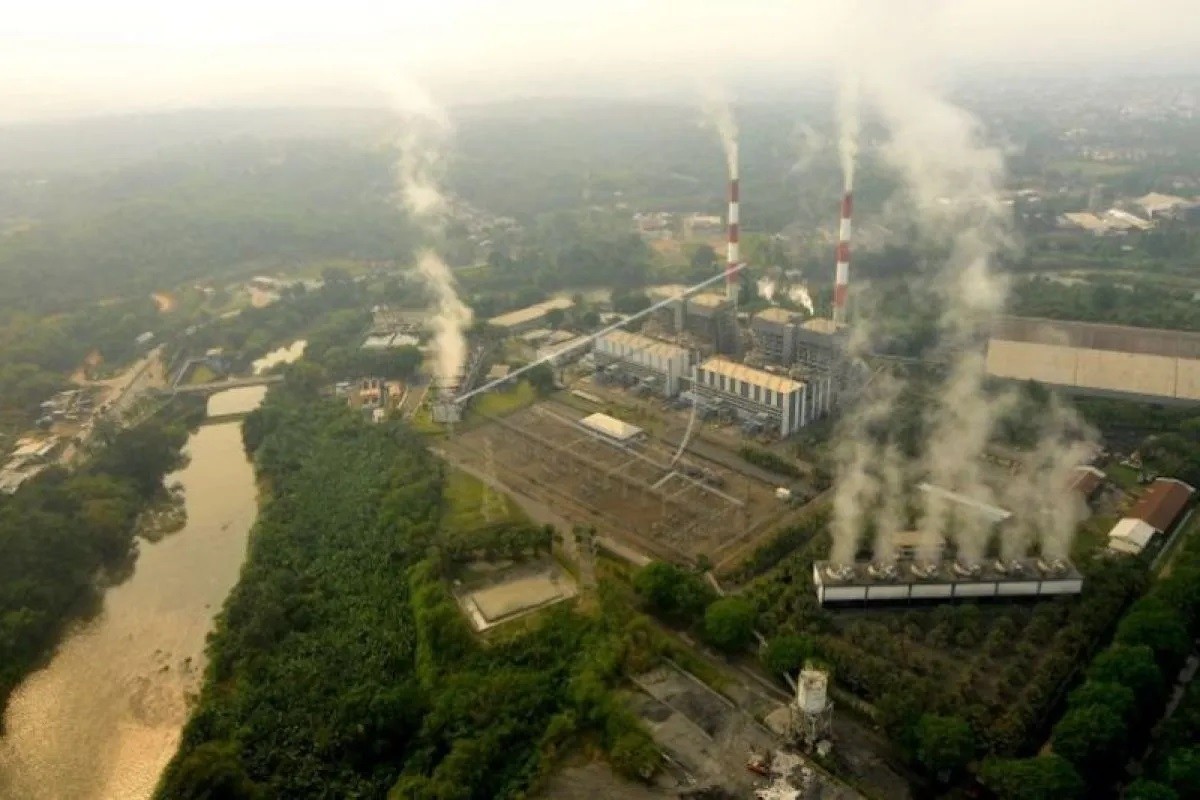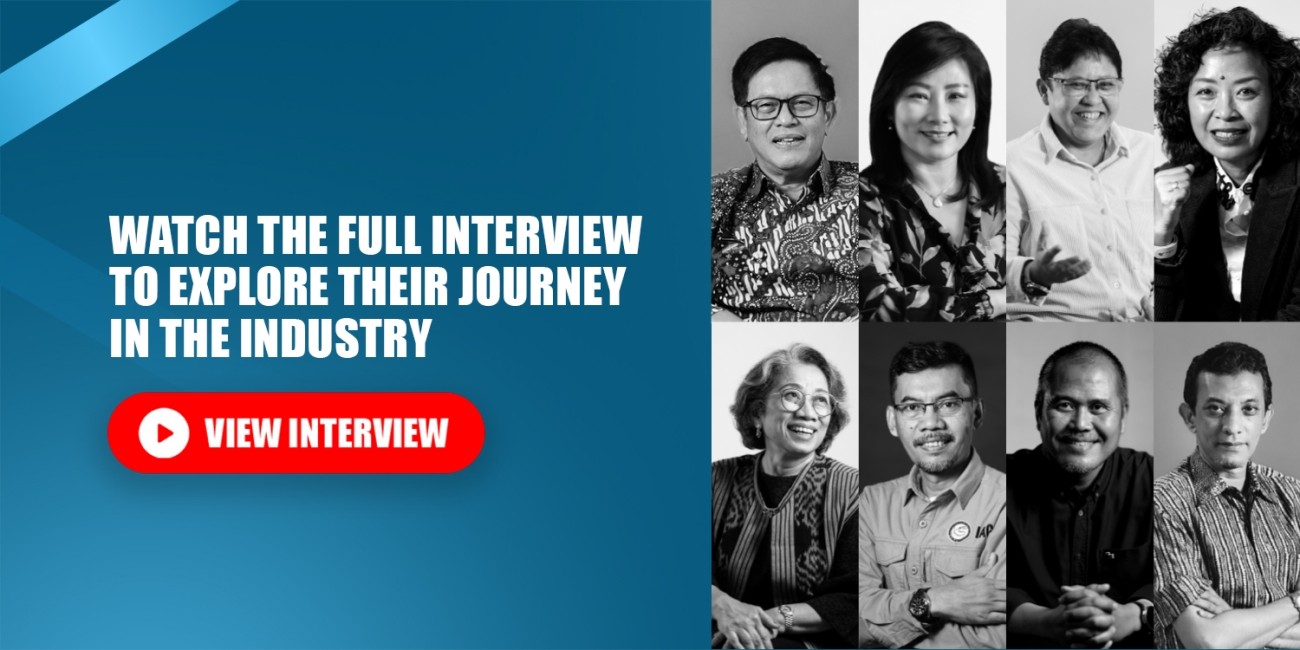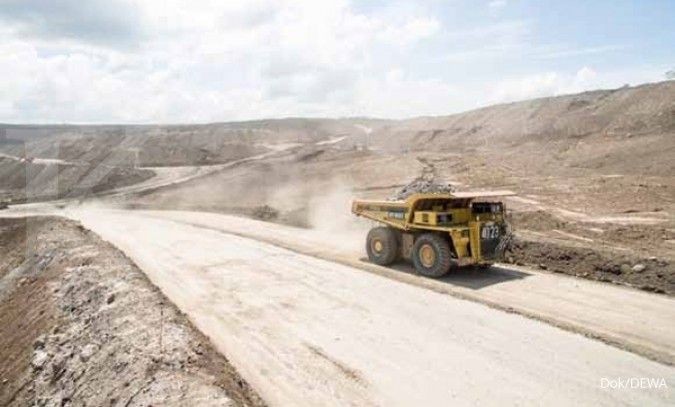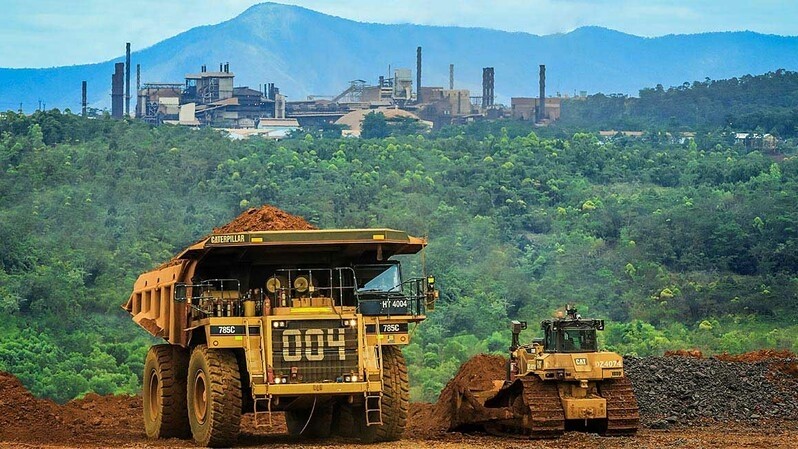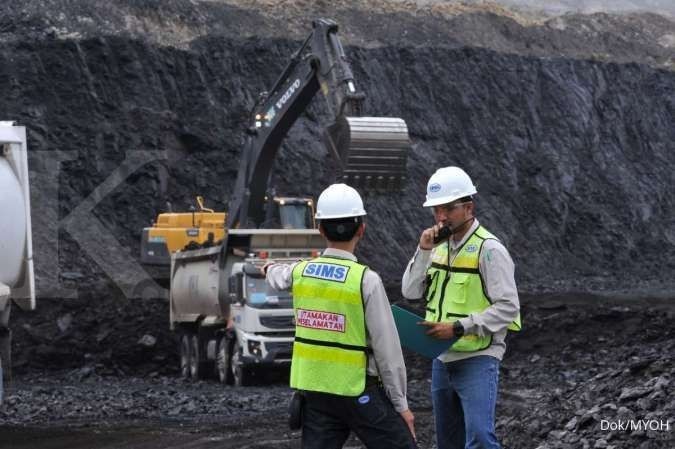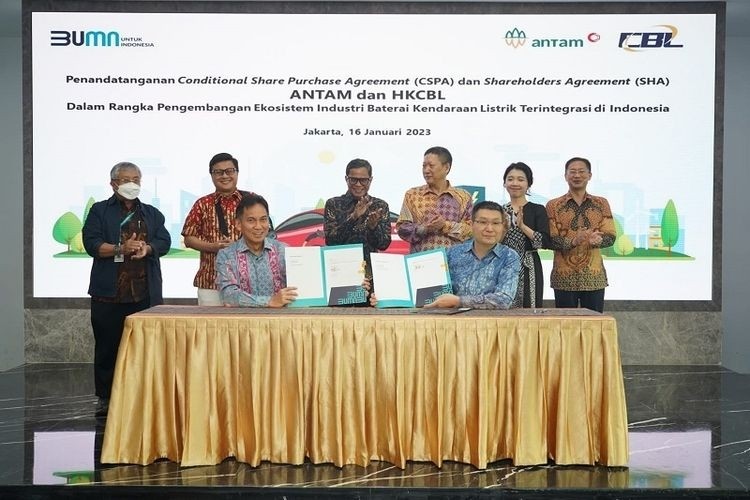The Indonesian government has continued its efforts to encourage coal downstreaming and quickly raise the added value of coal mining products.
These efforts have included the gasification processing of coal into dimethyl ether (DME).
DME can later be used as a substitute for liquified petroleum gas (LPG), whose imports have continued to increase every year.
Based on data from the Ministry of Energy and Mineral Resources (ESDM), LPG imports in 2020 reached 77.63 percent of the total national demand of 8.81 million tons.
Without downstreaming coal, the LPG import ratio could increase to 83.55 percent of the total demand of 11.98 million tons by 2024.
An important step in coal downstreaming was taken when state-owned mining company (BUMN) PT Bukit Asam laid the first stone to mark the start of a project on the downstream gasification of coal into DME in Tanjung Enim, South Sumatra on January 26, 2022.
President Director of PT Bukit Asam (PT BA), Asral Ismail, said that DME downstreaming is a pilot project in Indonesia, which, the government is hoping, will be realized in the near future.
Realizing the DME project requires the involvement of three parties: PT Bukit Asam as the coal raw material distributor, United States (US) company Air Products as the gasification technology provider, and PT Pertamina as the offtaker (DME buyer).
It will take at least 30 months from the groundbreaking in 2022 to complete the DME project.
The downstreaming project, which has received full backing from President Joko Widodo, is a government priority, as stated in Presidential Regulation Number 18 of 2020.
Besides the DME project, a steam power plant (PLTU) is also being built near the coal mine in Muara Enim District, South Sumatra, to encourage downstreaming and accelerate efforts to increase the added value of coal.
So far, coal produced by PT BA has been sent outside South Sumatra to support national energy supplies, such as the PLTU in East Java.
With the mine-mouth power plant, some of the Muara Enim coal can be used for the plant and generate added value.
Coal, which, so far, has only been sold to generators, could also be processed into electrical energy thanks to the PLTU near the mine site.
PLTU Sumsel-8, which will have a capacity of 2X620 megawatts (MW), is a strategic project of PT BA and a value of up to US$1.68 billion.
The PLTU is part of a 35 thousand MW project and is being built by PT BA through PT Huadian Bukit Asam Power (HBAP), an independent power producer (IPP).
PT HBAP is a consortium between PT BA and China Huadian Hongkong Company Ltd. The mine-mouth PLTU will require 5.4 million tons of coal per year.
Projects that encourage coal downstreaming and added value generation will need to be balanced with increased production of this energy raw material.
Ismail said that it is still very possible to increase coal production because South Sumatra has significantly large coal reserves.
Increase production
PT Bukit Asam is gradually increasing production. Its production target, which stood at around 30 million tons in 2021, will be increased gradually to 72.5 million tons by 2025, in line with efforts made by PT Kereta Api Indonesia (PT KAI) to meet the increase in coal transportation capacity.
PT BA President Director Ismail said he believes that increasing production is essential given that coal reserves at one of the mining locations in Tanjung Enim, South Sumatra, are still relatively high at 3 billion tons.
Based on data from the Ministry of Energy and Mineral Resources, of the total 149.01 billion tons of national coal resources, South Sumatra accounts for around 43 billion tons.
Meanwhile, of the total 37.60 billion tons of national coal reserves, South Sumatra has 9.3 billion tons, said the managing director of PT BA.
In the meantime, the South Sumatra Coal Mining Association is encouraging its members to increase production to hundreds of millions of tons per year, a feat achieved by Kalimantan, in order to meet domestic needs and demand from abroad.
Chairperson of the South Sumatra Coal Mining Association, Andi Asmara, explained that the association's member companies in the province produce around 50 million tons of coal every year.
Considering that the potential for coal in South Sumatra is quite large, he said he believes that production can still be carried out to increase output, as achieved by companies in Kalimantan.
Meanwhile, of the total 120 companies registered as members of the South Sumatra Coal Mining Association, only 40 are involved in coal production.
Coal produced by the association's members, including state-owned mining company PT BA, comes from six mining regions, namely, Muara Enim, Lahat, Banyuasin, Musi Banyuasin, Musirawas, and North Musirawas districts.
The largest volume of coal produced from mining in the six areas comes from Muara Enim and Lahat districts at more than 25 million tons per year.
The two districts produce the most coal compared to other regions in the province because they both have supporting infrastructure.
This infrastructure includes trains for carrying coal and special roads for taking coal trucks to stockpiles before coal can be sent to buyers at home and abroad via river or sea.
"To optimize coal potential and increase the contribution of mining products to local revenue, we are trying to build infrastructure that can support mining and increase coal production," said the chair of the association.
The results of coal marketing from the province are partly used to meet domestic needs, such as to meet the needs of the PT PLN power plant and the fertilizer, cement, textile, and ceramic industries.
The companies located in the six mining districts export coal to China, India, and several countries in Southeast Asia, said Asmara.
Railway transport readiness
Increasing coal production requires ensuring the readiness of transportation that has a large carrying capacity and does not disrupt land transportation routes, as witnessed in coal-producing areas so far.
To support the increase in coal production in South Sumatra, PT Kereta Api Indonesia (PT KAI) Divre III Palembang has continued to increase train transport capacity.
Public relations manager of PT KAI Divre III Palembang, Aida Suryanti, informed that to support the national energy supply, the company is operating a long series of coal trains.
The effort carried out by the management of PT KAI has involved preparing human resources as well as supporting facilities and infrastructure so that coal train operations run smoothly.
PT Bukit Asam is collaborating with PT KAI to develop a railway coal transportation project with a capacity of 72 million tons per year by 2026.
Suryanti expressed the hope that the increase in train transportation capacity will go according to plan to support the target of increasing coal production.
These efforts to increase coal production and develop downstream projects are expected to increase the added value of mining products. They are also expected to increase state income and community welfare.
Image source: ANTARA/Zabur Karuru
Source: www.en.antaranews.com/S Sumatra Striving To Increase Coal Output Added Value
